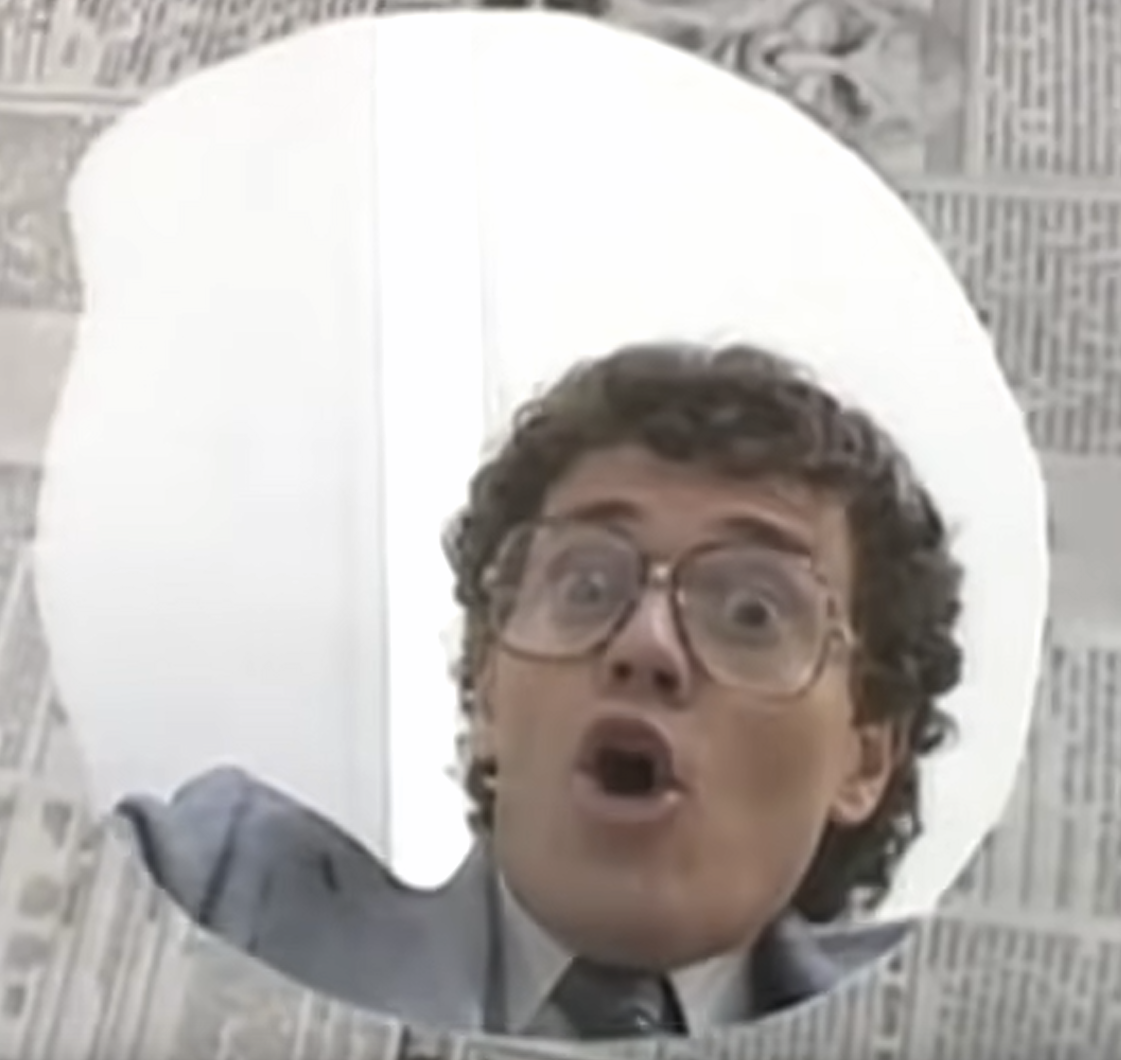

Repeating what some have already said here:
- PBS SpaceTime is outstanding, and manages to ride the line between informative and accessible very well. Some episodes especially around heavy math/quantum mechanics are impenetrable for me but all the space stuff is great, the scripts are very well written, production value is top notch.
- Dr Becky provides amazing content mostly geared around recent research and theories - especially with the James Webb Space Telescope being a year old now there’s some amazing insights coming out that she does a great job explaining. A bit less “pseudo lecture” than SpaceTime but still highly informative
- StarTalk (Neil Degrasse Tyson) is great, but in a different way. It’s less formal and very much more like a podcast than a lecture or report as the prior two are.
- Sabine Hossenfelder delivers a periodic “science without the gobbledegook” show that covers all areas but generally has a focus on physics and astrophysics. She’s semi-famous for not tolerating nonsense while also considering a sizeable portion of contemporary physics research to be nonsense. I think she’s hilarious in a parchment-dry German kind of way, and her content goes arguably deeper than the other channels listed here in terms of subject matter - I usually leave her videos thinking about things in a different way.
- SmarterEveryDay is a general science/learning channel but really piqued my interest with a recent video about talking to NASA:
https://youtu.be/OoJsPvmFixU?si=NrURYGlLii4Dbi1_
The host has a background in aerospace engineering and missile test flights - so its about as close to rocket science as you can get! He knows his stuff and has a lot more practical, engineering related videos - kind of makes you think about how to operationalise the more cerebral ideas of the other channels.
Hope you enjoy some or all of the suggestions here and from other commenters












In Australia, “blinking yelloe” means “drive with caution” - roadway may be used bey pedestrians, slower traffic may have merged to faster, the traffic lights normal function might be impeded. Just basically a catch all for “be careful”.
Having acid that it’s very rare that you’d find a blinking yellow on a turn across pedestrians - you’d get green arrow or light, pedestrians get green walk, and driver waits for pedestrians. It’s not rocket science. You don’t turn on red though.
Then again we still have thrse fellas so maybe dont listen to us : https://en.m.wikipedia.org/wiki/Hook_turn